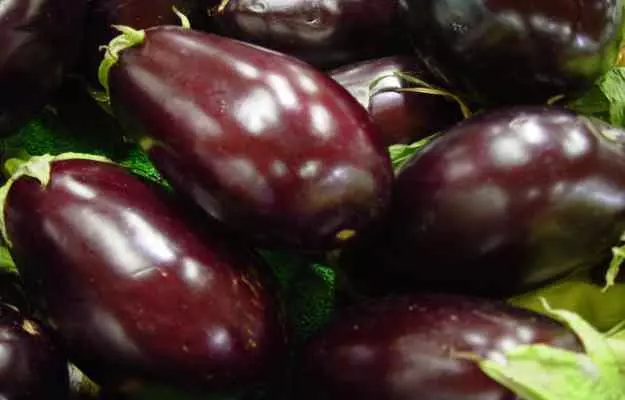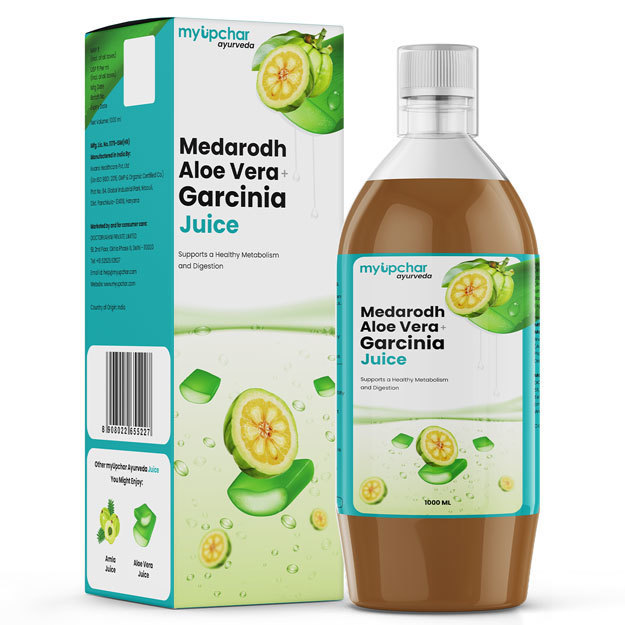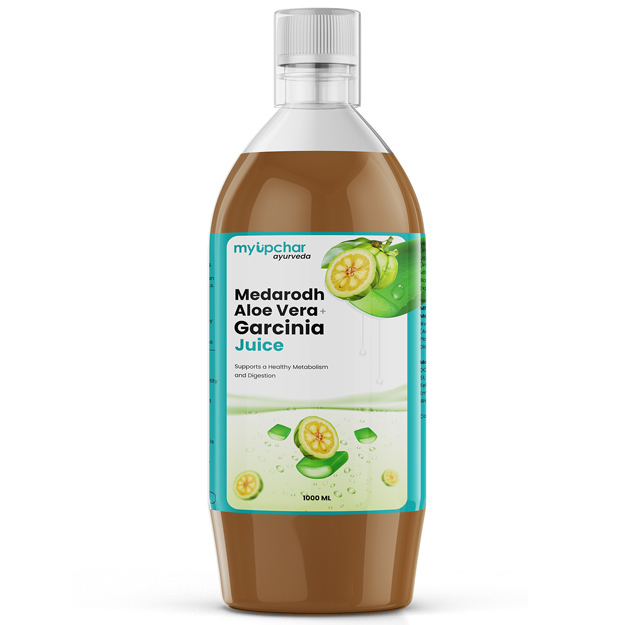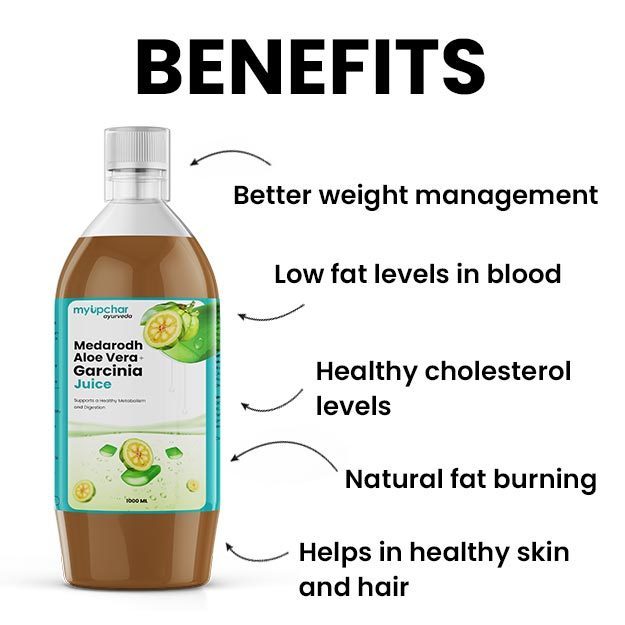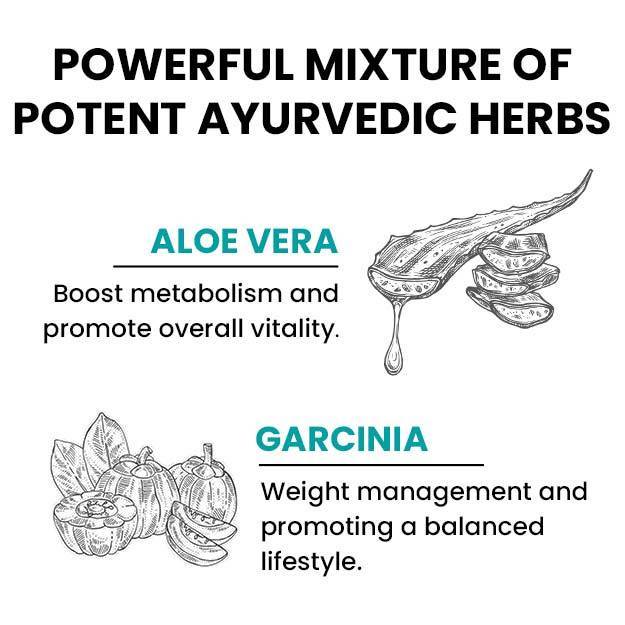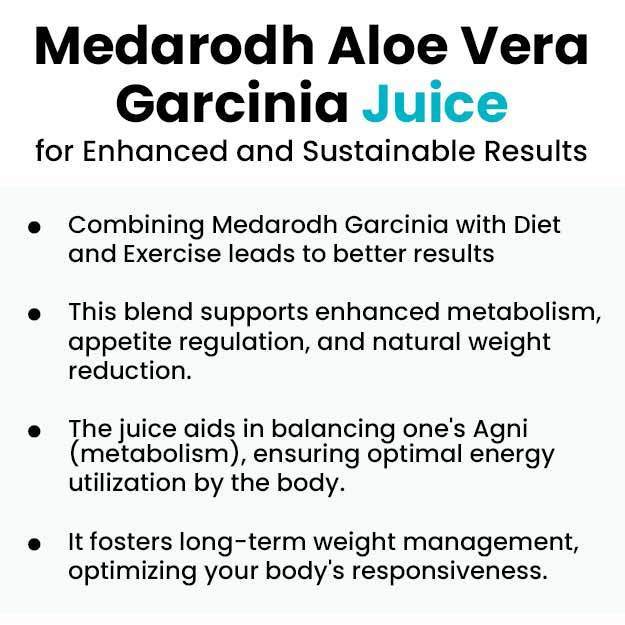Brinjal is one of the most common vegetables grown throughout the world for its purple, green or white fruit. Brinjal is the member of solanaceae family and is closely linked with tomato and potato. In the United States, Canada and Australia brinjal are known as Eggplant whereas the British name for brinjal is Aubergine. The name eggplant comes from the fact that some early cultivars of brinjal resembled geese eggs.
In ayurveda, brinjal is believed to have various medicinal properties. White brinjal is considered an excellent dietary supplement for diabetic people. Also, brinjal contains significant values of Vitamin A, C, and minerals which help in maintaining body health.
It is an erect annual plant, coarsely lobbed with fuzzy, large and spiny leaves. Brinjal leaves are about 5 to 10 cms broad and 10 to 20 cms long. The plant usually reaches a height of 45 to 60 cms. The fruit of brinjal plant is a fleshy berry which is long to oval in shape. Brinjal fruit is generally purple to greenish in colour and contains tiny seeds which are bitter in taste. The flowers of this plant are white to purple.
Brinjal is native to India and Sri Lanka. Brinjal varieties have been grown in South and East Asian countries since antiquity. .Although brinjal has a long and rich history, it did not have the reputation in the food culture as it has today. In fact, t it was once considered a bitter and inauspicious food. It was even considered poisonous, causing problems like insanity, leprosy, and cancer. Hence, in older times, it was used more like a garden plant than a food in many parts of the world.
The 18th century brought the evolution of less bitter varieties of brinjal. This finally, got brinjal out of the garden and into the pantries. Today, brinjal has an esteemed place in many modern cuisines. They can be baked, fried, pickled, pureed, flavoured, steamed or barbecued. Brinjals are used as a dip or chutney in Mediterranean and Indian cuisine. They are used to prepare delicious Indian curries. Brinjals are also used to prepare a healthy and nutritious topping for pizzas. The cut vegetables are generally soaked in cold salted water before cooking to avoid discoloration and to get rid of its mild bitterness.
The major producer of brinjal includes Turkey, China, Japan, Egypt, and Italy. Eggplant is a popular vegetable crop in India especially in the southern states and is cultivated in various parts of Gujarat, Uttar Pradesh, and Maharashtra.
Some basic facts about Brinjal:
- Scientific name: Solanum Melongena
- Family name: Nightshade
- Common name: Baingan, Vangi, Eggplant
- Sanskrit name: Vruntak
- Native region and geographical distribution: Brinjal is still found to be grown in its natural conditions in southern and eastern India southern China, Philippines and Indonesia. But India remains the place where eggplant has been found since ancient times therefore brinjal is regarded as the native of Asia. It is believed to be originated in the Indo Burma region.
-
Some interesting facts about brinjal: A study published in the New England Journal of Medicine in 1993 shows that the eggplant has by far the highest levels of nicotine present in any vegetable. But the amount is so small that it did not gain much attention. Approximately 20 to 40 pounds of eggplant has the nicotine equivalent to one cigarette. It was called as Mala insana or “Crazy Apple” in the Renaissance Italy. Japan has a proverb for eggplant, “the happiest omen for a new year is first mount Fuji, then the Falcon, and lastly eggplant.”

